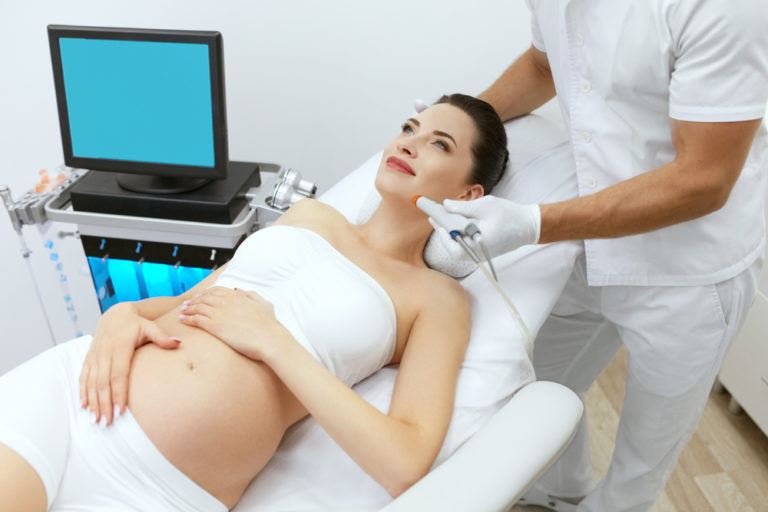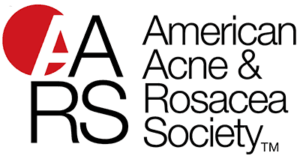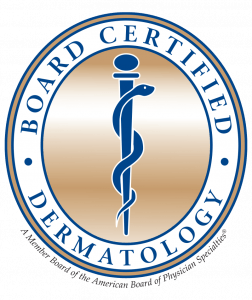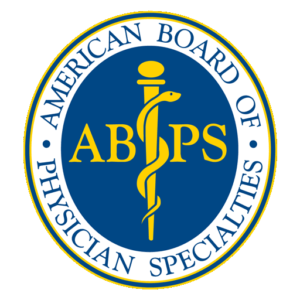

Acne in pregnancy
Therapeutic Options in pregnancy
Topical
Our stance on topical therapy is to wait until after the first trimester to initiate treatment, unless we receive approval from the patient’s obstetrician. Beyond the first trimester, we prescribe topical therapies:
- Metronidazole
- Azaleic Acid
- Clindamycin
- Benzoyl Peroxide
Currently, there are no topical acne medications that have demonstrated unequivocal safety in pregnant humans in clinical trials. – This was formerly known as pregnancy category A – Controlled studies in women fail to demonstrate a risk to the fetus in the first trimester (and there is no evidence of a risk in later trimester), and the possibility of fetal harm appears remote.
There are however data from pregnant animals showing safety during pregnancy. This was formerly known as pregnancy category B- Animal reproduction studies have failed to demonstrate a risk to the fetus and there are no adequate and well controlled studies in pregnant women.
Several topical medications for the treatment of acne do fall under the former category B labeling: metronidazole, azaleic acid and clindamycin.
Other medications such as benzoyl peroxide fall under the previous category C labeling –There are no controlled studies in women or studies in women and animals are not available, and risk to the fetus is unknown. However, studies conducted with topical benzoyl peroxide have demonstrated less than 5% systemic absorption. Since benzoyl peroxide is rapidly metabolized into benzoic acid (which is rapidly cleared), maternal use is not expected to result in fetal exposure to benzoyl peroxide.
Studies are controversial as to whether topical retinoids produce birth defects. Therefore, this class is generally not recommended in pregnancy.
Oral Therapy
Antibiotics such as zithromax, amoxicillin and cefadroxil may be used if the severity of acne warrants systemic treatment.
Traditional tetracycline class antibiotics for acne are not recommended during pregnancy due to concern regarding defects in enamel and bone. Metformin, a medication for the treatment of diabetes, can sometimes be helpful in the control of acne. It may be prescribed by an OB/GYN or primary care physician during pregnancy if the benefits outweigh the risks.








